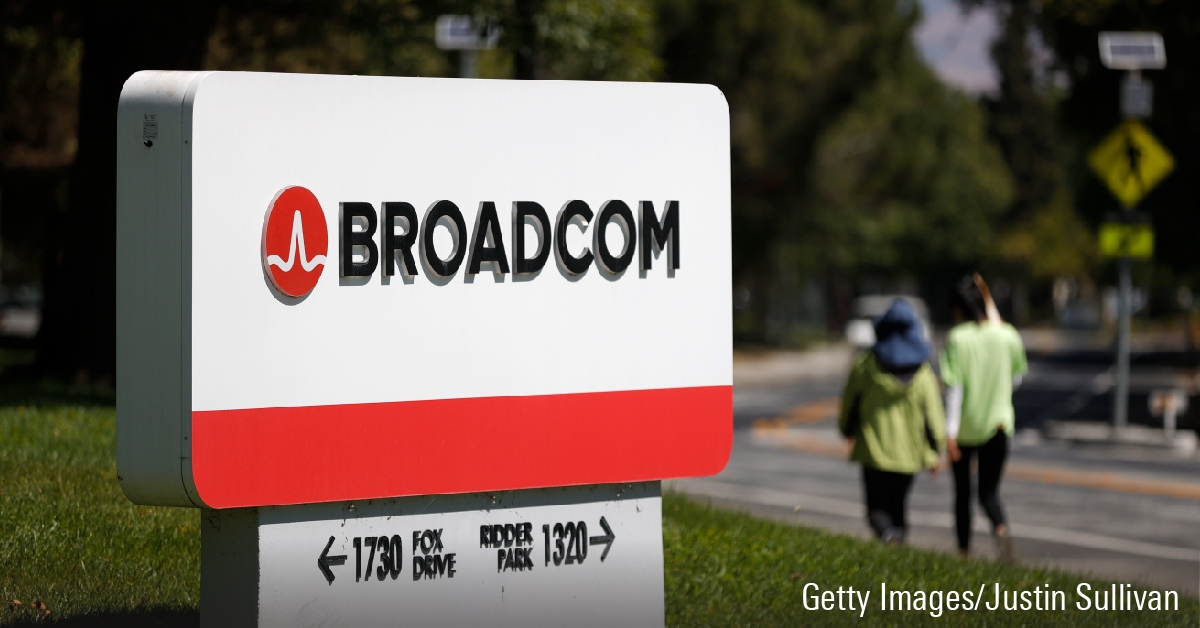Editor's note: Today marks the debut of the regular Encounter column by Sonita Horvitch on the securities selection and strategies of selected fund managers.
Gaelen Morphet, first vice-president of Canadian equities at CIBC Global Asset Management Inc., believes the Canadian equity market has become fairly valued after the surge from its lows in March.
"If the S&P/TSX Composite Index makes further strong gains, it runs the risk of being overvalued, unless there is a marked improvement in the economic environment," she says.
A veteran value manager, Morphet's discipline is "to determine the long-term or intrinsic value of stocks and then to buy them when they are undervalued and sell them when they become overvalued."
Morphet says the S&P/TSX Composite Index was trading at 42% above its intrinsic value at its height in June 2008, "before the severe bear market took its toll." In the first week of March, the ratio was reversed, with the index trading at 40% below intrinsic value. It was then that she started to put money back in the market, using the cash positions that were at their maximum levels in terms of her various mandates.
 |
|
| Gaelen Morphet | |
 |
|
 |
|
 |
At CIBC Global Asset Management's Toronto office, Morphet's responsibilities include managingCIBC Canadian Equity Value  ,Renaissance Canadian Core Value
,Renaissance Canadian Core Value  ,CIBC Diversified Income andCIBC Balanced
,CIBC Diversified Income andCIBC Balanced  , among others. In all, Morphet and her team manage some $5 billion.
, among others. In all, Morphet and her team manage some $5 billion.
CIBC Canadian Equity Value (the focus of this column and a Morningstar Fund Analyst Pick) has assets of $230 million and currently holds 43 names. This fund is required to invest in at least six of the 10 TSX sectors. It currently holds stocks in nine. The exception is health care, which Morphet says she is monitoring for value opportunities.
At the beginning of March, CIBC Canadian Equity Value had cash of 10%, the mandated maximum. Morphet has subsequently deployed most of this reserve. In particular, she has been adding to holdings in the major Canadian chartered banks and boosting her energy weighting. "In the darkest days of the stock market retrenchment, the banks were trading at a significant discount to their long-term intrinsic value," she says.
Morphet has added to Royal Bank of Canada ( RY/TSX), her biggest holding in the fund. "The stock was inexpensive because of the uncertainty surrounding the extent of the writedowns in its loan portfolio."
She also bought more of Bank of Montreal ( BMO/TSX) and National Bank of Canada ( NA/TSX). These two banks, she says, were among the cheapest in the S&P/TSX Composite Index, since they were trading at some 80% below their intrinsic value. "It provided a rare opportunity to invest in such excellent franchises so inexpensively."
In the energy sector, Morphet says that the sharp decline in the commodity prices was more than reflected in the stocks' valuations. She has been building a position in Suncor Energy Inc. ( SU/TSX) "It was one of the cheapest stocks in the Composite and was not previously in the portfolio as it was too expensive."
Suncor has made a takeover bid for rival Petro-Canada ( PCA/TSX) to be voted on by shareholders of both companies next month. The focus of both these companies is on oil and the oil sands, Morphet says. In another oil-sands play, she added to her holding in Canadian Oil Sands Trust ( COS.UN/TSX). She also increased her holdings in EnCana Corp. ( ECA/TSX) and Canadian Natural Resources Ltd. ( CNQ/TSX).
A sell from this fund before May was a holding in Yellow Pages Income Fund ( YLO.UN/TSX) "Softness in the directories business, an accelerated shift to online advertising and the uncertainty surrounding a possible distribution cut, made the sale of this trust holding appropriate," she says. Yellow Pages recently announced that it was reducing its annual cash distribution to unitholders.
Morphet notes that her biggest overweight in CIBC Canadian Equity Value relative to the index is Franco-Nevada Corp. ( FNV/TSX) This gold-focused royalty company (market capitalization of $2 billion) has additional interests in platinum metals, oil and gas and other assets. "It is becoming more of a pure gold play, gold will represent 75% of revenue by the end of 2009."
She adds: "Gold stocks tend to respond differently to the economic environment than most other TSX sectors." The stock was up 80% in 2008, versus a 33% decline in the TSX. The company has royalty properties in the United States, Canada and Australia -- "politically stable" areas.
Franco-Nevada "participates in the exploration success of its royalty interests, without incurring the operational risks attached to mining." In all, it is well managed under CEO David Harquail, she says, has no debt and generates a free cash yield of 5%.
Two other stocks that are core holdings in CIBC Canadian Equity Value are Empire Co. Ltd. ( EMP.A/TSX), which has a market capitalization of $1.6 billion and Metro Inc. ( MRU.A/TSX), with a market cap of $4 billion. (At the beginning of May, the portfolio held 10.3% in consumer staples stocks versus the 2.9% weighting in the index.)
Morphet has owned Empire for a decade. It is essentially a food retailing and related real estate company. (The stock was up 24% in 2008 versus the S&P/TSX's decline of 33%). In April, Empire made a share issue for gross proceeds of $135 million. "It was the first share issue since February 1999 and it did result in some dilution." This has put some pressure on the stock, she says, "but Empire's balance sheet has been strengthened and the dilution is only 2% after taking into account interest expense savings."
Metro, another food retailer, has converted its Dominion stores in Ontario to bring them under the Metro banner, "which has proved to be a savvy move," Morphet says. The company has a "significant market share in Quebec, which is a less competitive environment than Ontario." The stock also bucked last year's bear market performance and was up 44% in 2008. Metro's first-quarter earnings per share for its fiscal year to September 2009 were strong, she says.















